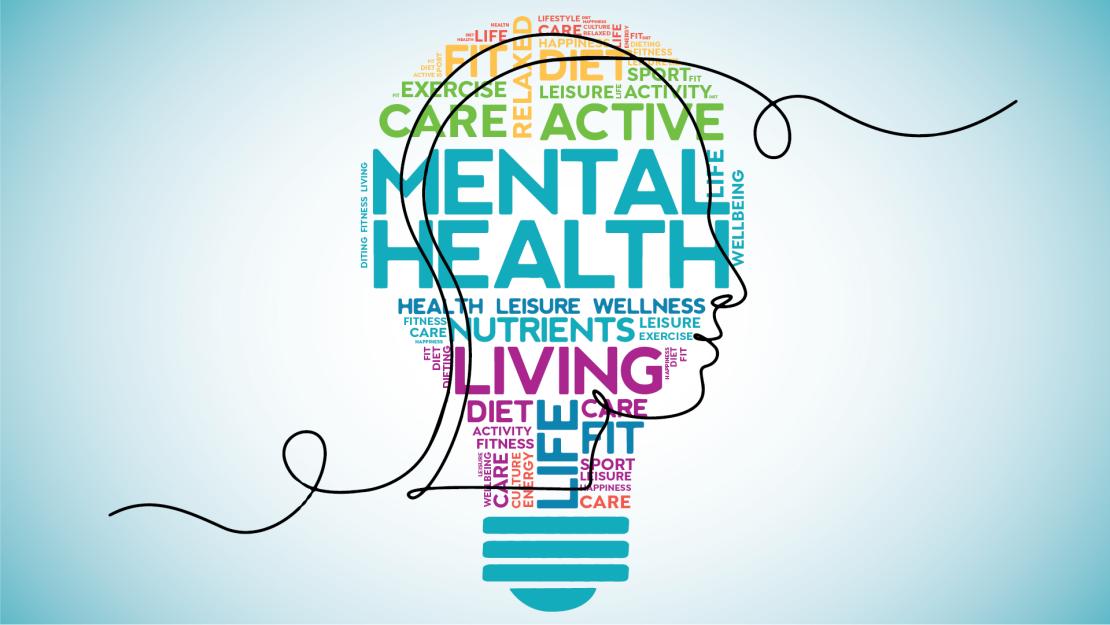
Embracing the Journey: Safe and Healthy Weight Loss Strategies After Pregnancy
The postpartum period is a transformative phase, filled with joy, challenges, and adjustments as new mothers navigate their new roles. Among these adjustments, many women focus on weight loss after pregnancy, seeking to regain their pre-pregnancy body or simply feel healthier and more energized. However, the process requires patience, care, and evidence-based strategies to ensure both safety and sustainability. This blog explores practical, safe, and healthy pregnancy weight loss strategies, grounded in facts and figures, to support new mothers in achieving their goals while prioritizing their well-being.
Understanding Postpartum Weight Retention
After giving birth, it’s normal for women to retain some weight gained during pregnancy. On average, women gain 25–35 pounds during pregnancy, with about 10–20 pounds typically lost immediately after delivery due to the baby’s weight, placenta, and amniotic fluid. The remaining weight, often 5–15 pounds, may linger due to fat stores accumulated to support breastfeeding and recovery. According to a 2017 study in the Journal of Women’s Health, approximately 20–40% of women retain more than 10 pounds one year postpartum, highlighting the need for effective pregnancy weight loss tips. The key is approaching weight loss gradually, as rapid weight loss can negatively impact milk supply, energy levels, and overall health.
Prioritizing Nutrition for Energy and Recovery
Nutrition is the cornerstone of safe weight loss after pregnancy. A balanced diet not only fuels the demands of motherhood but also supports gradual weight loss without compromising health. New mothers should aim for a calorie intake that supports their activity level and breastfeeding needs—typically 1,800–2,200 calories daily for breastfeeding women, according to the Academy of Nutrition and Dietetics. Focus on nutrient-dense foods like lean proteins (chicken, fish, legumes), whole grains (quinoa, brown rice), and plenty of fruits and vegetables. These provide essential vitamins, such as folate and iron, which are critical for recovery. For example, a 2020 study in Nutrients found that diets rich in fiber and protein help regulate appetite and promote satiety, aiding pregnancy weight loss without extreme calorie restriction.
Hydration is equally vital. Breastfeeding mothers need about 3.1 liters of water daily, per the National Academy of Medicine, to support milk production and prevent dehydration, which can mimic hunger and lead to overeating. Incorporating healthy fats, like avocados and nuts, ensures energy sustainability while supporting hormonal balance. Avoid crash diets or restrictive fads, as they can deplete nutrient reserves and increase fatigue, which is already a challenge in the postpartum period.
Incorporating Gentle Physical Activity
Exercise is a powerful tool for pregnancy weight loss, but it must be approached thoughtfully. The American College of Obstetricians and Gynecologists (ACOG) recommends waiting 6–8 weeks post-delivery (or longer for cesarean births) before resuming regular exercise, ensuring the body has healed. Start with low-impact activities like walking, which burns approximately 200 calories per 30 minutes at a moderate pace, according to the CDC. Walking with the baby in a stroller not only promotes weight loss after pregnancy but also boosts mood through endorphin release.
Pelvic floor exercises, such as Kegels, are essential for strengthening core muscles weakened during pregnancy. A 2019 study in Physical Therapy found that pelvic floor training improves core stability, aiding in safer progression to activities like yoga or light strength training. Aim for 150 minutes of moderate aerobic activity per week, as recommended by the CDC, but break it into manageable sessions—three 10-minute walks daily can be just as effective. For breastfeeding mothers, exercising after feeding can minimize discomfort from engorged breasts. Always listen to your body; excessive fatigue or pain signals the need to scale back.
Harnessing the Power of Breastfeeding
Breastfeeding is often hailed as a natural contributor to pregnancy weight loss. Producing milk burns approximately 300–500 calories daily, equivalent to a 30-minute jog, according to the American Journal of Clinical Nutrition. However, this doesn’t guarantee automatic weight loss, as increased appetite can offset the calorie burn. A 2018 study in Obesity Reviews found that breastfeeding mothers who combined mindful eating with moderate exercise lost more weight than non-breastfeeding mothers without compromising milk supply. To maximize this benefit, pair breastfeeding with a balanced diet and avoid overcompensating with high-calorie snacks. Timing meals to align with feeding sessions can help manage hunger cues effectively.
Managing Stress and Sleep for Hormonal Balance
The postpartum period often brings sleep deprivation and stress, both of which can hinder weight loss after pregnancy. Elevated cortisol levels from stress or lack of sleep disrupt insulin sensitivity and increase fat storage, particularly around the abdomen. A 2021 study in Sleep Medicine found that mothers getting less than 6 hours of sleep nightly were 30% more likely to retain pregnancy weight. While uninterrupted sleep is challenging, napping when the baby naps or practicing stress-reducing techniques like deep breathing can help. Even 10 minutes of mindfulness daily, as supported by research in Frontiers in Psychology, can lower cortisol and support pregnancy weight loss by reducing emotional eating.

Setting Realistic Goals and Expectations
One of the most critical pregnancy weight loss tips is setting achievable goals. The CDC advises aiming for a gradual loss of 0.5–1 pound per week, which is both safe and sustainable. This translates to a calorie deficit of about 500 calories daily through a combination of diet and exercise. Unrealistic expectations, fueled by societal pressure or media portrayals, can lead to frustration and unhealthy practices. A 2022 survey by the Journal of Perinatal Education found that 60% of new mothers felt pressured to “bounce back” quickly, yet those who focused on health over aesthetics reported better mental and physical outcomes. Celebrate non-scale victories, like increased energy or better mood, as these reflect holistic progress.
Building a Support System
Social support is a game-changer for weight loss after pregnancy. Engaging with other mothers through postpartum support groups or online communities provides encouragement and accountability. A 2020 study in Maternal and Child Health Journal found that mothers with strong social networks were 25% more likely to adhere to healthy lifestyle changes. Partners, family, or friends can assist with childcare, allowing time for exercise or meal prep. Consulting a registered dietitian or lactation consultant can also provide personalized pregnancy weight loss guidance, ensuring nutritional needs are met without compromising breastfeeding or recovery.
Avoiding Common Pitfalls
New mothers often face challenges like time constraints or misinformation about pregnancy weight loss. Beware of “quick fixes” like detox teas or extreme diets, which can deplete nutrients and harm milk supply. The FDA warns that many over-the-counter weight loss supplements are unregulated and may pose risks, especially during breastfeeding. Instead, focus on consistency over perfection. If a busy day disrupts your exercise routine, a short walk or a healthy snack choice still counts. Tracking progress through a journal or app can help maintain motivation, but avoid obsessive calorie counting, which can increase stress.
Celebrating Your Postpartum Body
Ultimately, weight loss after pregnancy is about feeling strong, healthy, and confident in your body’s new chapter. Every mother’s journey is unique, and comparing yourself to others can undermine progress. A 2023 study in Body Image found that mothers who practiced self-compassion were more likely to sustain healthy habits long-term. Embrace small wins, whether it’s fitting into a favorite pair of jeans or having the energy to play with your baby. By combining balanced nutrition, gentle exercise, breastfeeding benefits, stress management, realistic goals, and a supportive community, new mothers can achieve safe and sustainable pregnancy weight loss while celebrating the incredible strength of their postpartum bodies.
Discover D Squared WorldWide’s transformative postpartum weight loss products, designed for safe and sustainable results. Our nutrient-packed supplements and meal plans support new mothers in achieving healthy weight loss after pregnancy, boosting energy and confidence. Backed by science, our products align with pregnancy weight loss tips, promoting balanced nutrition and gentle wellness. Stand out in the booming $80.4 billion weight loss market with our unique, high-quality offerings. Partner with D Squared WorldWide to empower your customers with trusted solutions. Schedule a call today to explore wholesale opportunities and grow your business
Reference:
1. Barrett, K., Savage, P., & Ades, P. (2020). Effects of behavioral weight loss and weight loss goal setting in cardiac rehabilitation. Journal of Cardiopulmonary Rehabilitation and Prevention, 40(6), 383-387. https://doi.org/10.1097/hcr.0000000000000510
2. Bodnar, L., Abrams, B., Simhan, H., Scifres, C., Silver, R., Parry, S., … & Himes, K. (2020). The impact of setting a pregnancy weight gain goal on total weight gain. Paediatric and Perinatal Epidemiology, 35(2), 164-173. https://doi.org/10.1111/ppe.12724
Carey, A., Yang, Q., DeLuca, L., Toro‐Ramos, T., Kim, Y., & Michaelides, A. (2021). The relationship between weight loss outcomes and engagement in a mobile behavioral change intervention: retrospective analysis. Jmir Mhealth and Uhealth, 9(11), e30622. https://doi.org/10.2196/30622



